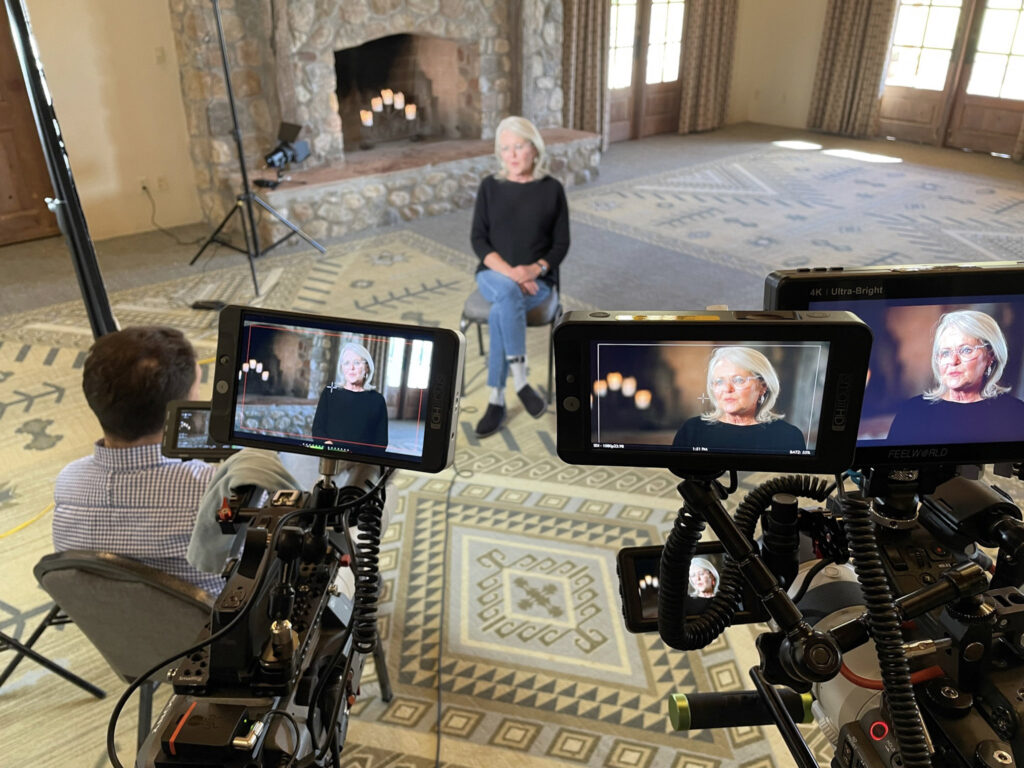
Blog
Astronomer CEO’s Out-Of-This-World Comms Mistake
Unless you’ve been living under a rock, you’ve seen the headlines about the CEO who made quite the scene at a Coldplay concert, for all the wrong reasons. Last weekend, Astronomer, an AI-powered analytics platform, announced that CEO Andy Byron had resigned after a video surfaced of him in an intimate moment with the company’s Chief People Officer, Kristin Cabot, at a Coldplay concert. Byron was seen embracing Cabot, both of whom are married to other people, before ducking out of frame when the couple appeared on the venue’s big screen. Chris Martin, lead singer of the band, commented mid-performance, “Either they’re having an affair or they’re just very shy.” The moment, caught by a concertgoer, quickly went viral.
Where Byron Went Silent, Rumors Took Over
As the video went viral, a fake statement supposedly from Byron began circulating. It was not verified and did not come from a credible source, but in the absence of a real statement, people ran with it.
This was the first major PR misstep. Byron never issued a public comment, which allowed misinformation, speculation, and mockery to spread unchecked. In modern crisis communications, silence rarely works in a leader’s favor. Not addressing the public directly can be interpreted as avoidance or indifference. Worse, it hands over the narrative to the internet.
Astronomer Did What Companies Should Do
In contrast, Astronomer acted decisively. The company initially released a clear and direct statement confirming that Byron did not align with its values, announced an investigation, and subsequently issued a resignation statement shortly after the investigation concluded. No fluff, no delay. From a public relations standpoint, it was the right move. It signaled accountability, action, and awareness of public perception.
Why Timing Matters
Speed is critical in reputation management. Waiting too long allows false narratives to snowball, especially online. Astronomer’s response came within a few days of the incident, quickly enough to show that the leadership team was handling the situation seriously, without overreacting or panicking.
Social Media Brands Are Also Watching
On social media, brands wasted no time capitalizing on the viral moment. Some companies leaned into the trend, such as Hulu, not by mocking the people involved, but by creatively tying the scenario into their own messaging. This kind of trendjacking isn’t for everyone, but it highlights the modern reality: every public moment is now a branding opportunity, whether you want it to be or not.
What This Shows About PR in 2025
- You must respond quickly or risk losing control. If Byron had released a real statement, the fake one would have fizzled quickly and he would have gained control over the narrative.
- Companies must move faster than the internet. Astronomer avoided the worst of the backlash by getting out front early.
- Social media turns everything into content. The moment went beyond scandal, it sparked connection and conversation. That reality can’t be ignored in PR strategy.
- Leaders can’t hide. Their private lives can bleed into their public personas and reflect poorly on their brand.
- Public-facing leaders have to show up when things go wrong. Silence is not neutral, it’s damaging.
Astronomer came out of this incident with its brand relatively intact, largely due to how it handled its public relations. Byron, on the other hand, became a viral headline and a case study in how not to manage a crisis.
Why You Need the Right PR Partner
In moments like these, every second counts. At Emerson Street Media, we help leaders and brands prepare for the unexpected and act when it hits. Whether you’re facing a viral crisis, planning ahead, or looking to elevate your brand, we’re here to guide you with strategy, speed, and integrity. Reach out to us today and let’s talk about how we can support your team before, during, and after the headlines.



